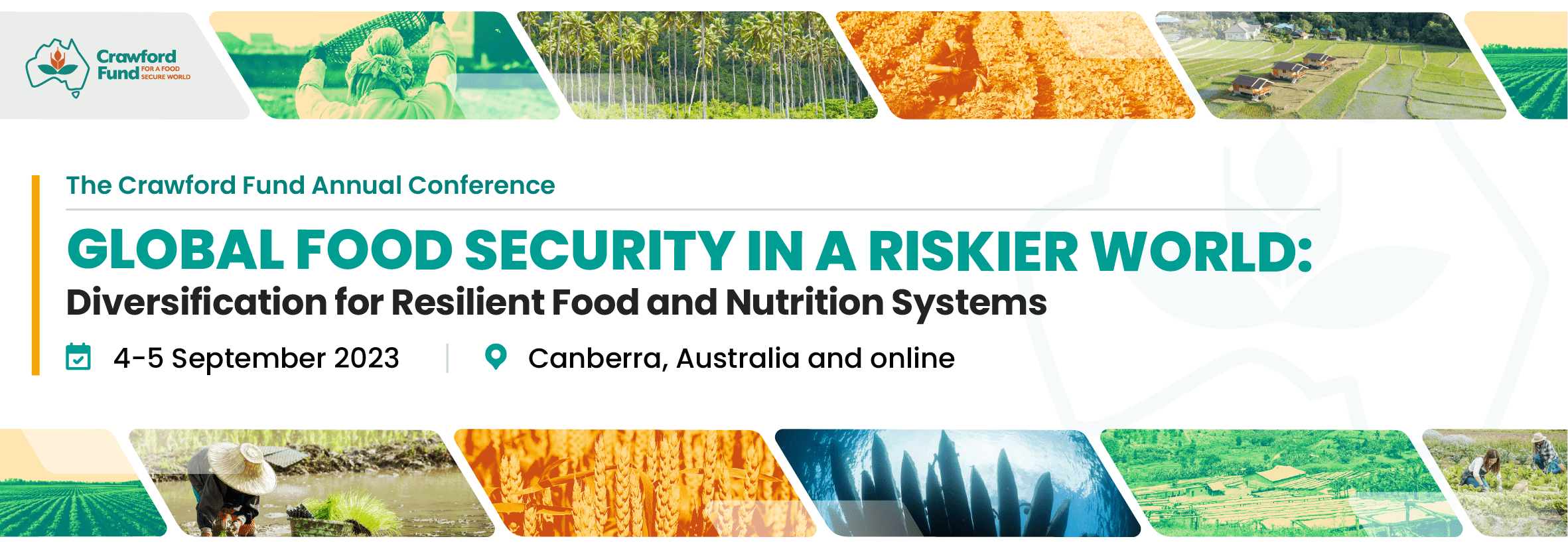


Ben Fargher
Environmental Markets Lead, Cargill Asia Pacific
Ben Fargher is the Lead, Cargill Environmental Markets, in the APAC region. In this role he is responsible for a customer focused Sustainability portfolio, including carbon and water projects, in this part of Cargill’s business. Ben is also the Country Representative for Cargill in Australia.
Ben recently (Feb 2022) returned from living in the United States, where he held various Managing Director roles in Cargill’s North American grain and oilseed supply chain business over several years.
Prior to that Ben was the General Manager for customers and grain origination in the Cargill Australia grain and oilseed business.
Before working at Cargill, Ben worked as the General Manager of Operations for a publicly listed cotton and grain agribusiness. He was also previously the Chief Executive Officer of the national farm lobby group in Australia, the National Farmers’ Federation.
Ben, who grew up on a farm in Australia, has a Bachelor of Agricultural Science from the University of Adelaide and a Masters degree in Economics from the University of New England.
Ben Fargher – Session 4.2 Supply chains, 5 September 2023
QA Session 4.2 – Fargher, Khamis, 5 September 2023